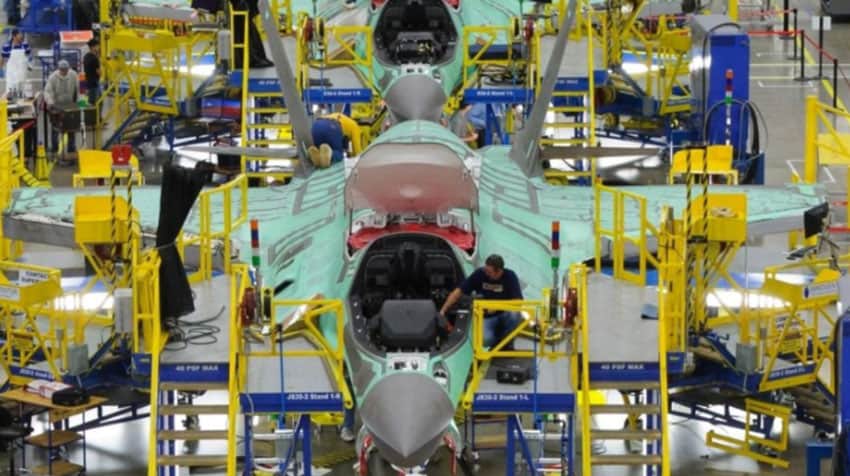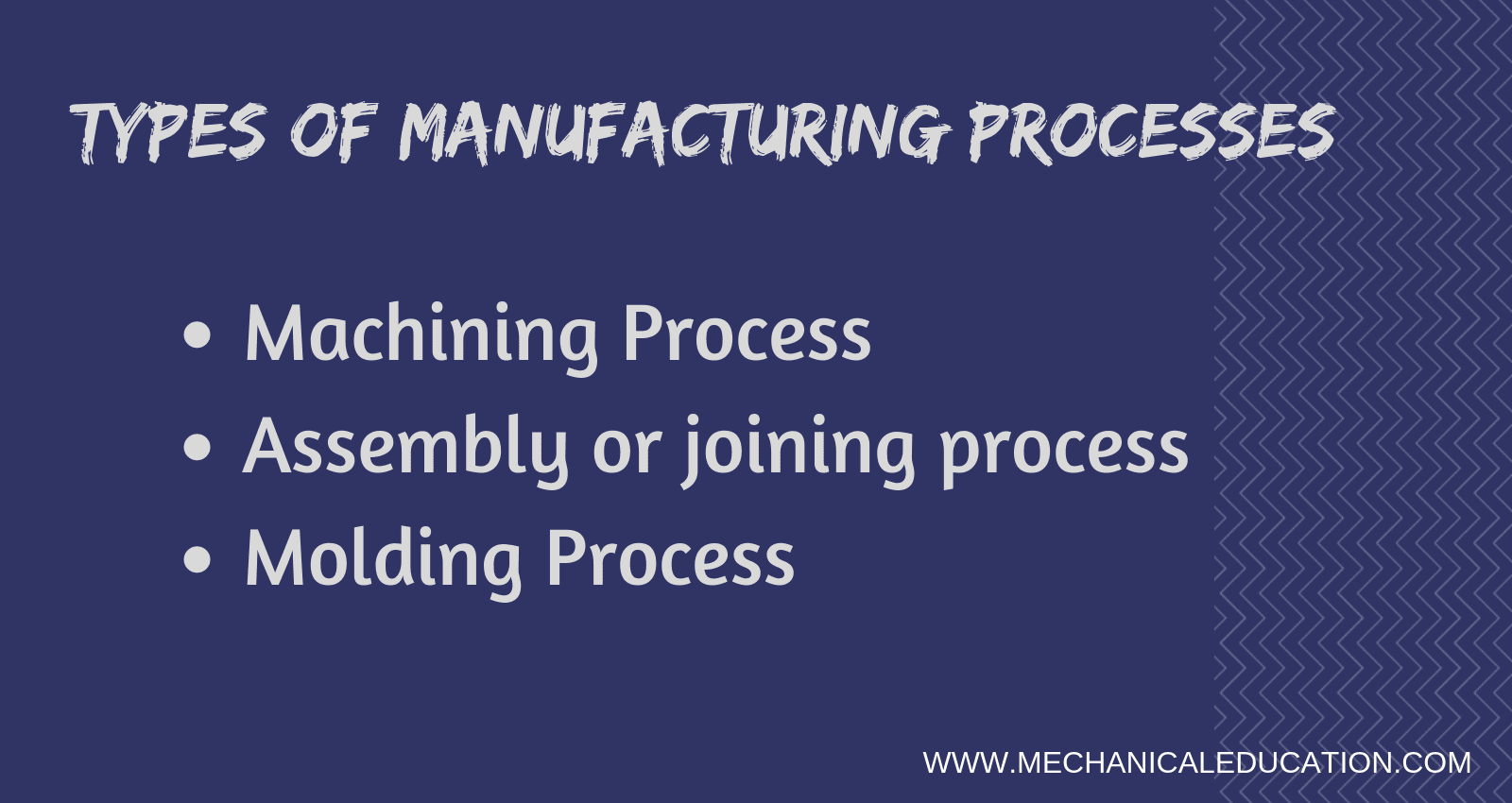
The city of Louisville, Kentucky is a thriving business and manufacturing community. It is home of many famous brands, with a population of approximately 770 557. KFC (Making of Mark) and Louisville Slugger (Lowering Slugger) are just some of them. Louisville is actually one of the most important cities in the United States for moving products.
Louisville, KY businesses hire logistics specialists to perform a variety of tasks. They do this to keep their industry competitive. They ensure that products arrive on time. Whether it's shipping, distributing, or handling, this career requires a strong foundation in business operations and a dedication to delivering the highest quality.
Logistics jobs can be found in a variety of positions, from entry level to executive. Monster's job listings can help those interested in this area. When they find the right position for them, they can submit their application. A free profile allows them to receive job alerts customized for them and expert advice.

The Logistics and Distribution Institute (LLDI) is a multidisciplinary organisation that aims to improve the efficiency of delivery. They offer training and conduct research in order to increase efficiency in the shipping industry.
A&R Global Logistics is a logistics company that arranges bulk shipments of dry plastic pallets for chemical companies. They have an 800-truck fleet and 10 U.S. storage locations. Their services include ground transportation, reverse logistics, and domestic air freight forwarding.
SEKO, a global third party logistics provider, offers a complete range of supply chain services. These services include international and domestic air freight forwarding as well contract logistics and asset management. They also offer reverse logistics, DC bypass shipping, customs brokerage and more. They currently have offices in more than 40 countries.
Palisades Logistics, a leading third-party logistics company, provides fulfillment, storage, and warehousing services. They are easily located and have a professional manager. They are known for offering exceptional customer service, reliable delivery and outstanding customer care.

Worldport is one the largest logistics companies with an annual payroll exceeding $2.5 billion. In addition, the organization has 62,000 indirect and direct jobs.
When it comes to entry level logistics jobs in Louisville, KY, you can expect to earn a median salary of $41,522 per year. The exact skills and experience that you have will determine how much this salary is. For example, an Account Manager will need to have freight sales and carrier negotiation experience. On the other hand, a Supply Chain Coordinator will oversee logistics and ensure that inventory is properly stored, shipped, and delivered.
Monster has many job listings that can help you search for a career within the logistics industry. Internships are also available to help bridge the gap between schoolworkplace and the real world. Internships are a great way to get to know the workplace and decide if this is the career path for you.
FAQ
What is the responsibility of a manufacturing manager?
Manufacturing managers must ensure that manufacturing processes are efficient, effective, and cost-effective. They must also be alert to any potential problems and take appropriate action.
They should also be able and comfortable communicating with other departments like sales and marketing.
They should also be aware of the latest trends in their industry and be able to use this information to help improve productivity and efficiency.
Do we need to know about Manufacturing Processes before learning about Logistics?
No. No. However, knowing about manufacturing processes will definitely give you a better understanding of how logistics works.
Why is logistics important in manufacturing?
Logistics are an integral part any business. They help you achieve great results by helping you manage all aspects of product flow, from raw materials to finished goods.
Logistics are also important in reducing costs and improving efficiency.
Are there ways to automate parts of manufacturing?
Yes! Yes! Automation has existed since ancient times. The wheel was invented by the Egyptians thousands of years ago. To help us build assembly lines, we now have robots.
There are many uses of robotics today in manufacturing. These include:
-
Automated assembly line robots
-
Robot welding
-
Robot painting
-
Robotics inspection
-
Robots create products
Manufacturing could also benefit from automation in other ways. For example, 3D printing allows us to make custom products without having to wait for weeks or months to get them manufactured.
What is the best way to learn about manufacturing?
The best way to learn about manufacturing is through hands-on experience. But if that is not possible you can always read books and watch educational videos.
What are the logistics products?
Logistics involves the transportation of goods from point A and point B.
These include all aspects related to transport such as packaging, loading and transporting, storing, transporting, unloading and warehousing inventory management, customer service. Distribution, returns, recycling are some of the options.
Logisticians ensure that products reach the right destination at the right moment and under safe conditions. They provide information on demand forecasts as well stock levels, production schedules and availability of raw material.
They keep track and monitor the transit of shipments, maintain quality standards, order replenishment and inventories, coordinate with suppliers, vendors, and provide support for sales and marketing.
What are the essential elements of running a logistics firm?
A successful logistics business requires a lot more than just knowledge. You must have good communication skills to interact effectively with your clients and suppliers. You should be able analyse data and draw inferences. You must be able and able to handle stress situations and work under pressure. To increase efficiency and creativity, you need to be creative. To motivate and guide your team towards reaching organizational goals, you must have strong leadership skills.
You must be organized to meet tight deadlines.
Statistics
- In 2021, an estimated 12.1 million Americans work in the manufacturing sector.6 (investopedia.com)
- It's estimated that 10.8% of the U.S. GDP in 2020 was contributed to manufacturing. (investopedia.com)
- According to a Statista study, U.S. businesses spent $1.63 trillion on logistics in 2019, moving goods from origin to end user through various supply chain network segments. (netsuite.com)
- Many factories witnessed a 30% increase in output due to the shift to electric motors. (en.wikipedia.org)
- [54][55] These are the top 50 countries by the total value of manufacturing output in US dollars for its noted year according to World Bank.[56] (en.wikipedia.org)
External Links
How To
How to use Lean Manufacturing in the production of goods
Lean manufacturing (or lean manufacturing) is a style of management that aims to increase efficiency, reduce waste and improve performance through continuous improvement. It was first developed in Japan in the 1970s/80s by Taiichi Ahno, who was awarded the Toyota Production System (TPS), award from KanjiToyoda, the founder of TPS. Michael L. Watkins published the first book on lean manufacturing in 1990.
Lean manufacturing refers to a set of principles that improve the quality, speed and costs of products and services. It emphasizes reducing defects and eliminating waste throughout the value chain. The five-steps of Lean Manufacturing are just-in time (JIT), zero defect and total productive maintenance (TPM), as well as 5S. Lean manufacturing focuses on eliminating non-value-added activities such as rework, inspection, and waiting.
Lean manufacturing can help companies improve their product quality and reduce costs. Additionally, it helps them achieve their goals more quickly and reduces employee turnover. Lean Manufacturing is one of the most efficient ways to manage the entire value chains, including suppliers and customers as well distributors and retailers. Lean manufacturing can be found in many industries. Toyota's philosophy, for example, is what has enabled it to be successful in electronics, automobiles, medical devices, healthcare and chemical engineering as well as paper and food.
Lean manufacturing is based on five principles:
-
Define Value - Identify the value your business adds to society and what makes you different from competitors.
-
Reduce Waste - Remove any activity which doesn't add value to your supply chain.
-
Create Flow - Ensure work moves smoothly through the process without interruption.
-
Standardize & simplify - Make processes consistent and repeatable.
-
Build Relationships - Establish personal relationships with both internal and external stakeholders.
Lean manufacturing isn’t new, but it has seen a renewed interest since 2008 due to the global financial crisis. Many businesses have adopted lean manufacturing techniques to help them become more competitive. Some economists even believe that lean manufacturing can be a key factor in economic recovery.
Lean manufacturing is becoming a popular practice in automotive. It has many advantages. These include higher customer satisfaction levels, reduced inventory levels as well as lower operating costs.
The principles of lean manufacturing can be applied in almost any area of an organization. Because it makes sure that all value chains are efficient and effectively managed, Lean Manufacturing is particularly helpful for organizations.
There are three types principally of lean manufacturing:
-
Just-in Time Manufacturing, (JIT): This kind of lean manufacturing is also commonly known as "pull-systems." JIT refers to a system in which components are assembled at the point of use instead of being produced ahead of time. This approach aims to reduce lead times, increase the availability of parts, and reduce inventory.
-
Zero Defects Manufacturing (ZDM): ZDM focuses on ensuring that no defective units leave the manufacturing facility. It is better to repair a part than have it removed from the production line if it needs to be fixed. This applies to finished products, which may need minor repairs before they are shipped.
-
Continuous Improvement (CI),: Continuous improvement aims improve the efficiency and effectiveness of operations by continuously identifying issues and making changes to reduce waste. Continuous improvement refers to continuous improvement of processes as well people and tools.